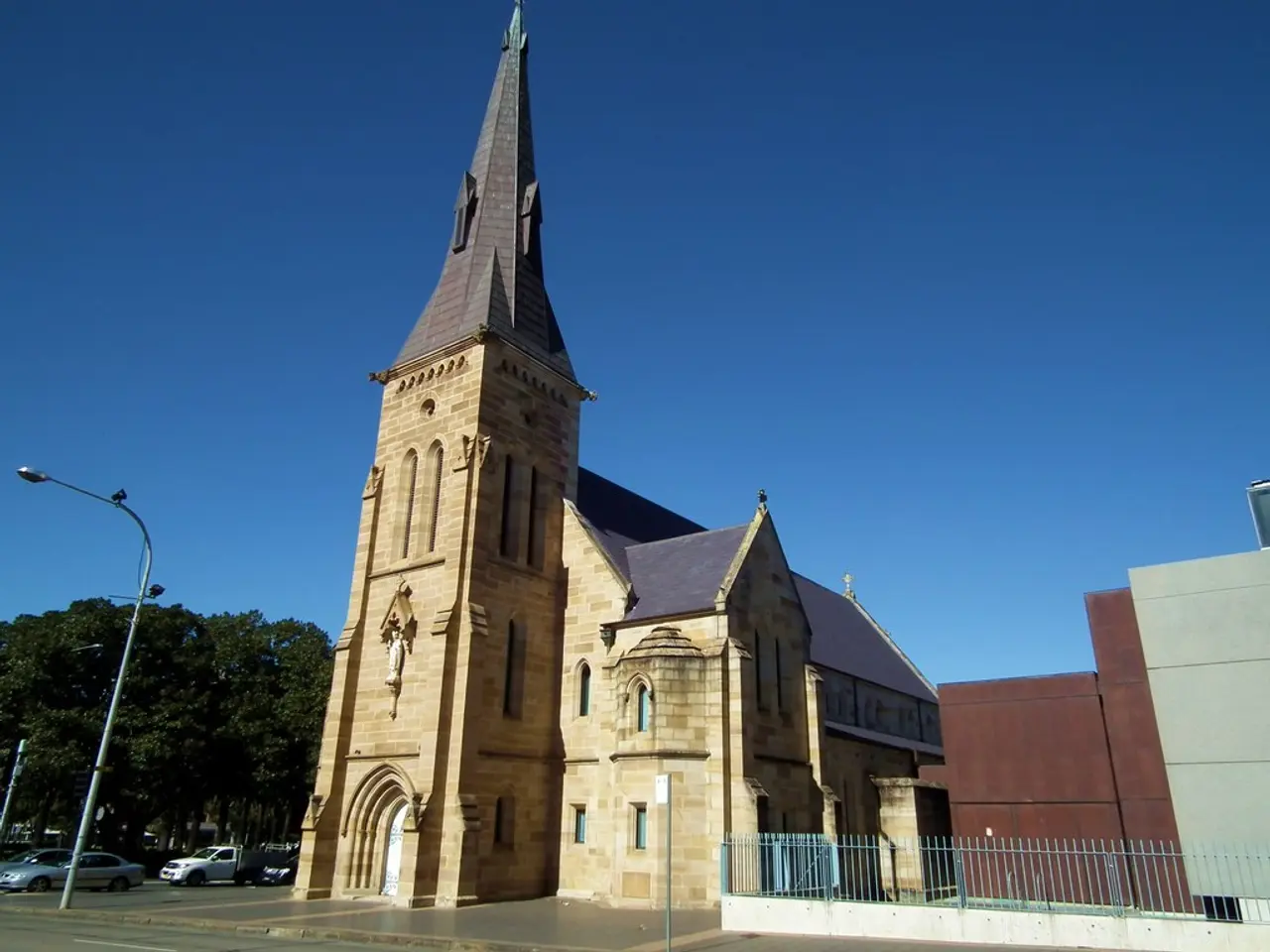EU's Relationship with Montenegro in the Coming Years
In a significant development, Austrian Chancellor Christian Stocker recently visited Montenegro as part of his tour of the Western Balkans. During his meetings with Montenegro's President Jakov Milatović and Prime Minister Milojko Spajić, the two heads of government signed an agreement aimed at strengthening economic cooperation between the two countries.
Austria, already one of the top 10 investors in Montenegro, has 28 Austrian companies that have established branches there. The agreement is expected to further boost these investments, with potential opportunities in sectors like tourism, real estate development, and digital services. Notably, the Luštica Bay project by Luštica Development AD in Montenegro is a promising example of cross-border investment.
Montenegro has made significant strides in implementing important reforms in areas such as the rule of law, as it moves towards full EU membership. The country has fully supported EU sanctions against Russia since day one and is a role model for EU integration in the region. Many chapters have already been provisionally closed for Montenegro in its EU integration process, with more to follow.
The Chancellor noted the importance of resolving open questions in Montenegro, which he believes would send a signal to the entire region that reconciliation and peaceful coexistence are possible. Austria is closely monitoring Montenegro's efforts to strengthen relations with neighbouring countries and promote reconciliation and peaceful coexistence in the region.
In a gesture of support, Chancellor Stocker offered Austrian firefighters and equipment to help with the ongoing wildfires in Montenegro. Both President Milatović and Prime Minister Spajić expressed their heartfelt thanks for the offered assistance.
The Chancellor also expressed a desire to strengthen cooperation in the areas of renewable energy and mining in Montenegro. He commended Montenegro's full alignment with the EU's common foreign and security policy and its values. The Chancellor was also satisfied with the cooperation in combating illegal migration between Austria and Montenegro.
The discussions between the two heads of government concluded with a commitment to hold another working meeting in November in Vienna. The Chancellor's trip to the Western Balkans concluded with meetings in Serbia the following day.
Photos from Montenegro are available free of charge via the Federal Chancellery's Photo Service. Austria remains a strong advocate for a credible EU perspective for Western Balkans states, with Montenegro being a leading example in this regard. There is also potential for further improvement in the participation of Austrian companies in major infrastructure projects in Montenegro.
Read also:
- ICE directed to enhance detention conditions following NYC immigrants' allegations of maltreatment
- Israeli finance minister issues warnings about potential annexation of West Bank territories
- United States faces rebuttal from South Africa over allegedly deceitful human rights report and assertions of land expropriation
- Accident at Rodalben Results in Injuries; Geoskop Area near Kusel Affected After Stormy Weather








